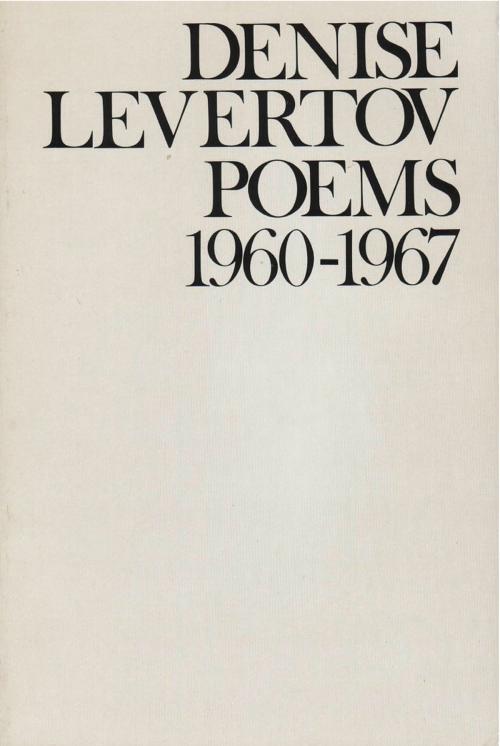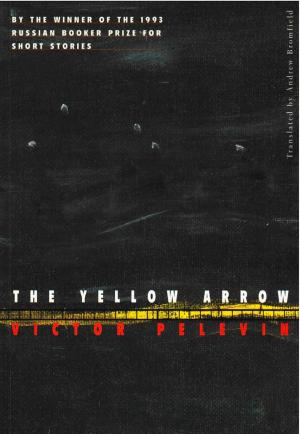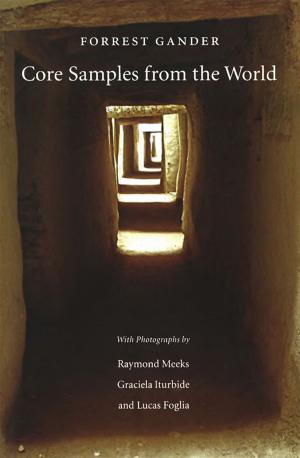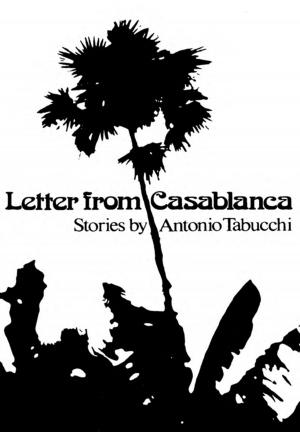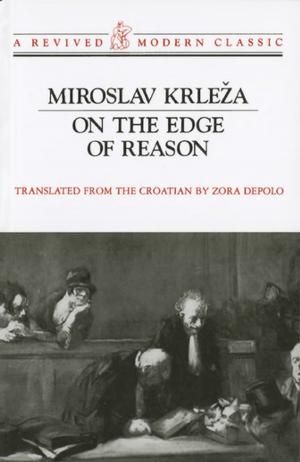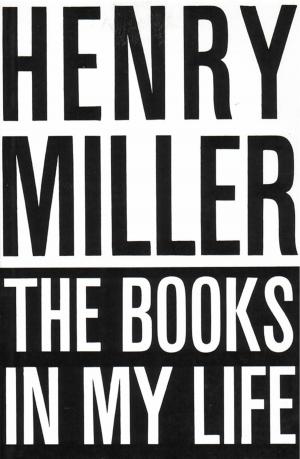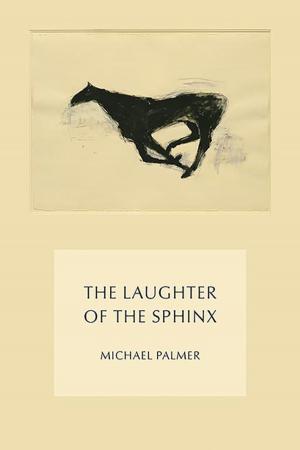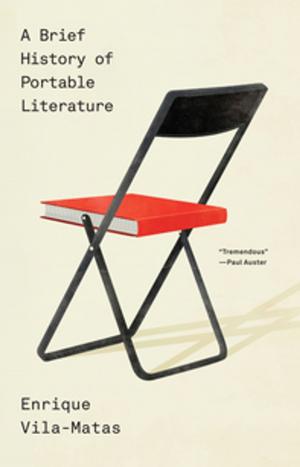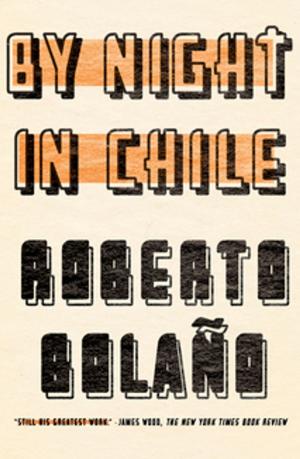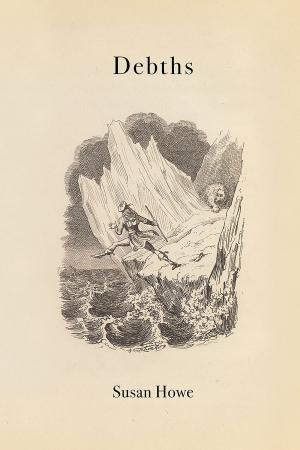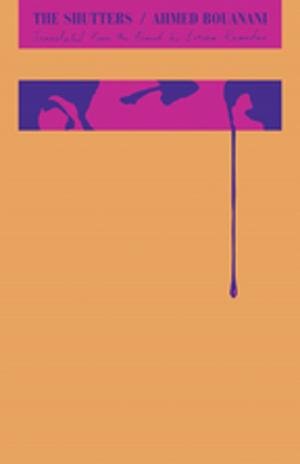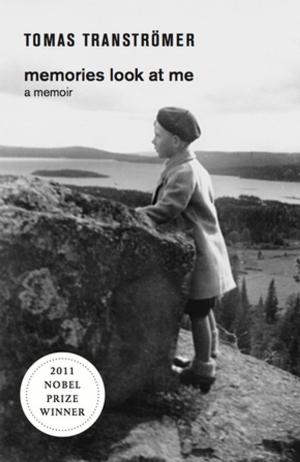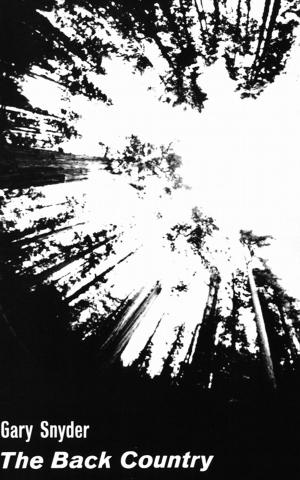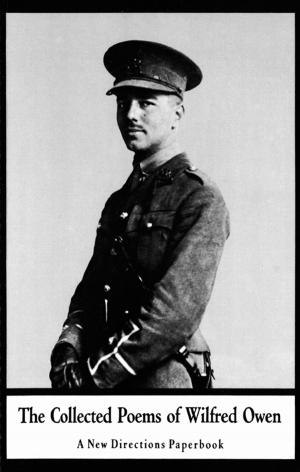| Author: | Denise Levertov | ISBN: | 9780811222501 |
| Publisher: | New Directions | Publication: | May 17, 1983 |
| Imprint: | New Directions | Language: | English |
| Author: | Denise Levertov |
| ISBN: | 9780811222501 |
| Publisher: | New Directions |
| Publication: | May 17, 1983 |
| Imprint: | New Directions |
| Language: | English |
Denise Levertov’s Poems 1960-1967 brings together all of the poetry first published in The Jacob’s Ladder (1961), O Taste and See (1964), and The Sorrow Dance (1967).
Denise Levertov’s Poems 1960-1967 brings together all of the poetry first published in The Jacob’s Ladder (1961), O Taste and See (1964), and The Sorrow Dance (1967). This new compilation, beginning where her Collected Earlier Poems 1940-1960 (New Directions, 1979) left off, shows both a refining of the poet’s craft and a widening of her concerns.” We are living our whole lives in a state of emergency,” she wrote in 1967. Levertov’s staunch antiwar stand is reflected here in such poems as “Life at War” and “What Were They Like?” with what Kenneth Rexroth called “the special luster of a sensibility that never sacrifices humaneness to intensity.” Side by side with her poetry of protest is that of celebration—“Song for Ishtar,” “Come into Animal Presence,” “ Luxury”—and tolerance for “The Mutes” uttering “those groans men use/passing a woman on the street…to tell her she is female” as well as for “The Ache of Marriage.” Here also are a meditation “During the Eichmann Trial,” “Olga Poems” (a sequence in memoriam), and “Say the Word,” the poet’s first published story.
Denise Levertov’s Poems 1960-1967 brings together all of the poetry first published in The Jacob’s Ladder (1961), O Taste and See (1964), and The Sorrow Dance (1967).
Denise Levertov’s Poems 1960-1967 brings together all of the poetry first published in The Jacob’s Ladder (1961), O Taste and See (1964), and The Sorrow Dance (1967). This new compilation, beginning where her Collected Earlier Poems 1940-1960 (New Directions, 1979) left off, shows both a refining of the poet’s craft and a widening of her concerns.” We are living our whole lives in a state of emergency,” she wrote in 1967. Levertov’s staunch antiwar stand is reflected here in such poems as “Life at War” and “What Were They Like?” with what Kenneth Rexroth called “the special luster of a sensibility that never sacrifices humaneness to intensity.” Side by side with her poetry of protest is that of celebration—“Song for Ishtar,” “Come into Animal Presence,” “ Luxury”—and tolerance for “The Mutes” uttering “those groans men use/passing a woman on the street…to tell her she is female” as well as for “The Ache of Marriage.” Here also are a meditation “During the Eichmann Trial,” “Olga Poems” (a sequence in memoriam), and “Say the Word,” the poet’s first published story.
